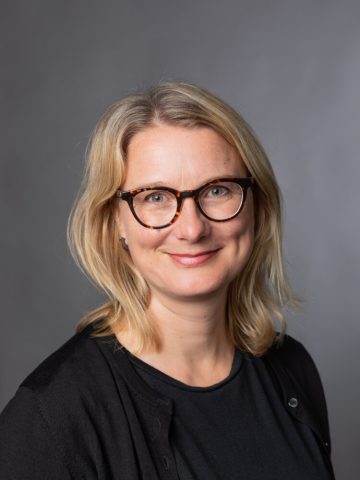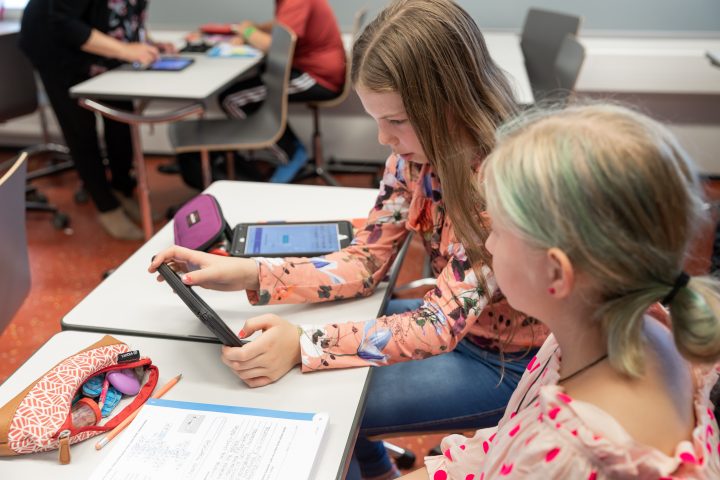Researchers develop tools to promote critical literacy
The Read for Insight project aiming to develop children’s critical literacy, has received funding of 251,000 euros from the steering group for cooperation between the City of Salo and the University of Turku. The project develops pedagogical methods by combining digital learning environments, teaching materials and teacher training program. The grant is used to develop the learning environment and materials based on previously collected data.

Under the leadership of Associate Professor Johanna Kaakinen, the pedagogical methods created in the Read4Insight project aim to support the development of children’s critical reading comprehension skills necessary in today’s complex information environment. The project is carried out in cooperation with Mirjamaija Mikkilä-Erdmann, professor at the Department of Teacher education in the University of Turku.
– We often search and read information on the internet or social media to find and understand information on some topic, such as the potential benefits and risks of vaccinations, to support our everyday decisions. However, information available in digital reading environments is fragmented, often contradictory, or even misleading. This emphasises the reader’s ability to find and select relevant information among multiple sources, find and attend to relevant information from the selected sources, and integrate relevant information across different documents to form an insight on the topic, says Kaakinen.
The proposed project builds on recent research conducted in the Fostering Finnish Science Capital SRC project where the learning environment and materials have been piloted in primary schools in Salo. According to the preliminary results, there are differences between schoolchildren in how well they identify relevant sources from the website, know how to select relevant information from the text, and are able to write a good summary of a topic based on the information. According to Kaakinen, these results expand on previous observations of how there are also differences between adult readers in how effectively they direct their attention to points relevant to their own goals in the text.
– The crucial question is how these could be trained and what kind of readers will benefit from the exercise, Kaakinen says.
The aim of the project is to develop a concept that can be used not only in primary schools but also at other levels of education.
– In the development work, it is essential to hear the teachers’ views on what kind of practices and materials best support their work. The goal is to create a model that is easy to use in the classroom and that education professionals find attractive, Kaakinen says.
The project includes analysis of already accumulated material, technical development of the software, and interaction with schools and teachers.

